Native Meadow Gardens Gain Popularity In Nashville As A Low-Maintenance Option
Nashville homeowners are turning their lawns into beautiful native meadow gardens. These natural landscapes filled with local wildflowers and grasses are changing how people think about their yards. Native meadow gardens create habitats for wildlife while requiring much less work than traditional lawns – a win-win for busy Nashvillians who still want beautiful outdoor spaces.
1. Drought Resistance Saves Water Bills
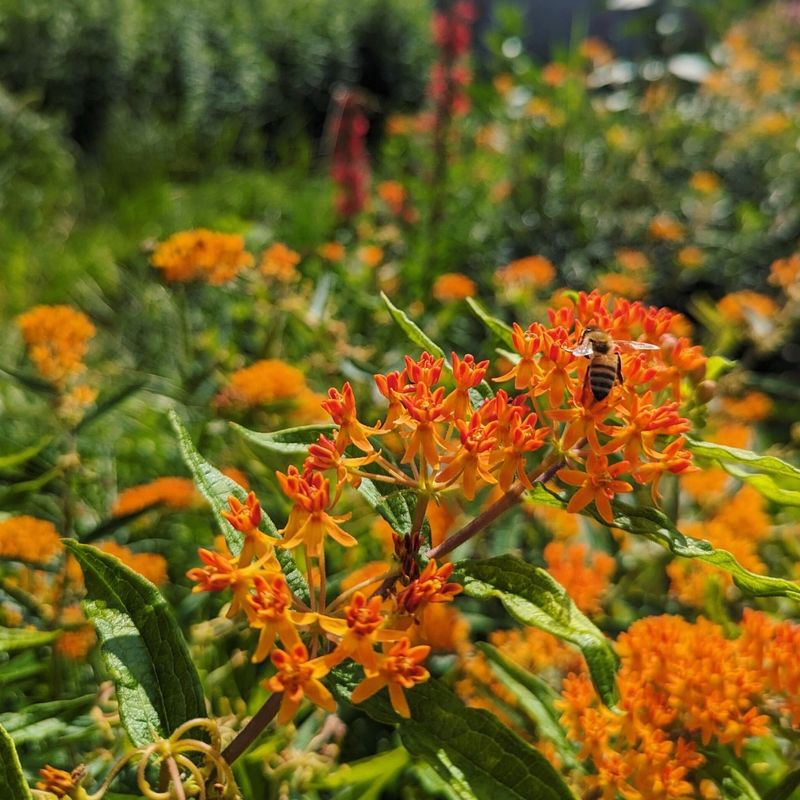
Native plants have deep root systems that reach far underground to find water. Once established, these plants rarely need extra watering, even during Nashville’s hot summer months.
Most meadow plants evolved to survive local weather patterns, making them naturally drought-tolerant. This adaptation means homeowners can slash their water usage and bills while maintaining a vibrant garden.
2. Wildlife Habitat Creation
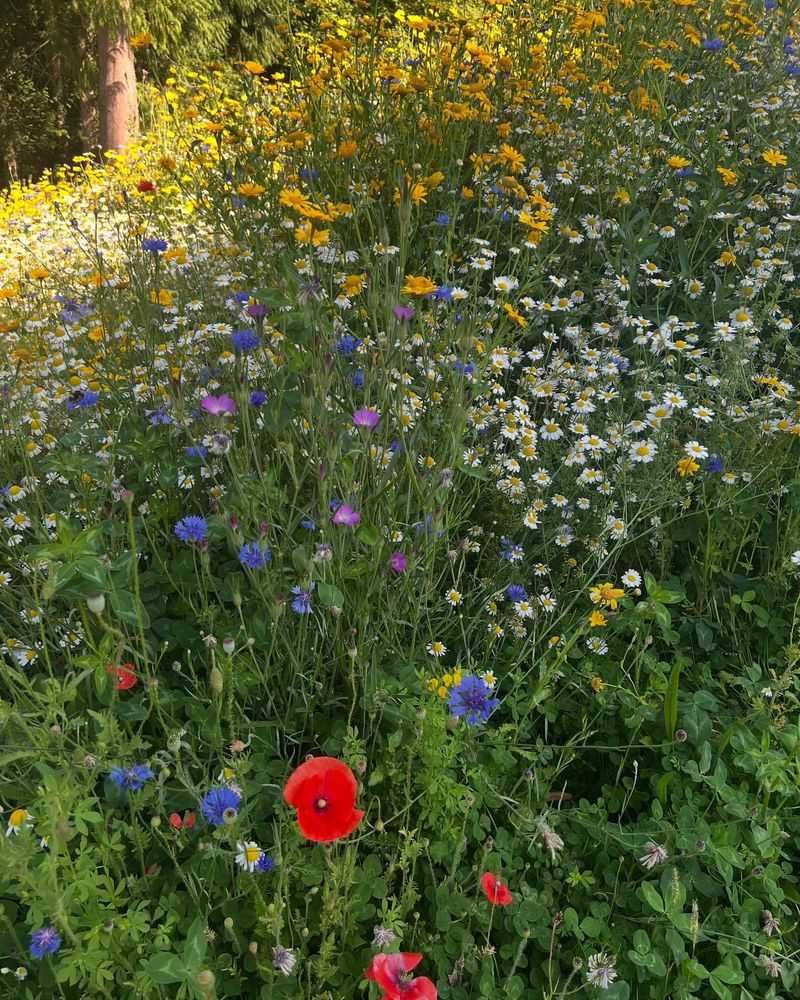
Converting even a small portion of your yard into native plants creates a bustling ecosystem. Birds, butterflies, and beneficial insects quickly find these natural havens.
Monarch butterflies depend on milkweed while goldfinches feast on coneflower seeds. Many Nashville residents report seeing wildlife they never noticed before, creating a living, moving garden that changes throughout the day.
3. Say Goodbye to Weekly Mowing
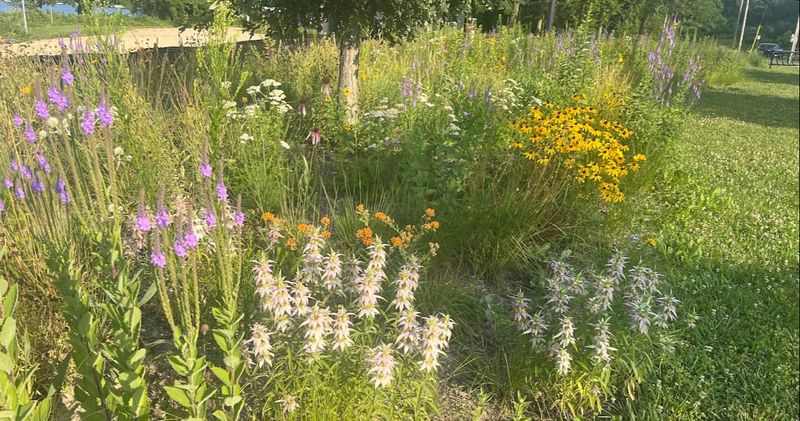
Remember spending every weekend pushing a hot, noisy lawnmower? Native meadow gardens need mowing just once annually, typically in late winter.
This single cutting helps remove dead material and stimulates new growth. Many Nashville families report reclaiming their weekends for fun activities instead of lawn maintenance. The time savings alone makes many homeowners switch to this natural approach.
4. Climate-Appropriate Beauty Year-Round
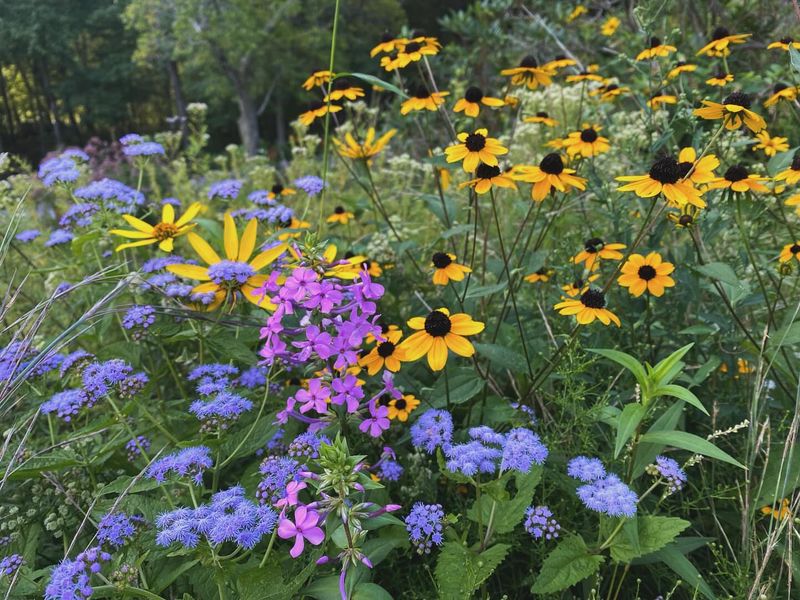
Native meadows showcase Nashville’s natural heritage through changing seasons. Spring brings delicate columbines and wild geraniums, while summer explodes with black-eyed Susans and blazing stars.
Fall ushers in golden grasses and asters, and even winter offers architectural seedheads and graceful grass forms. Unlike traditional gardens that may struggle during certain months, native meadows always have something beautiful to offer.
5. Reduced Chemical Dependency
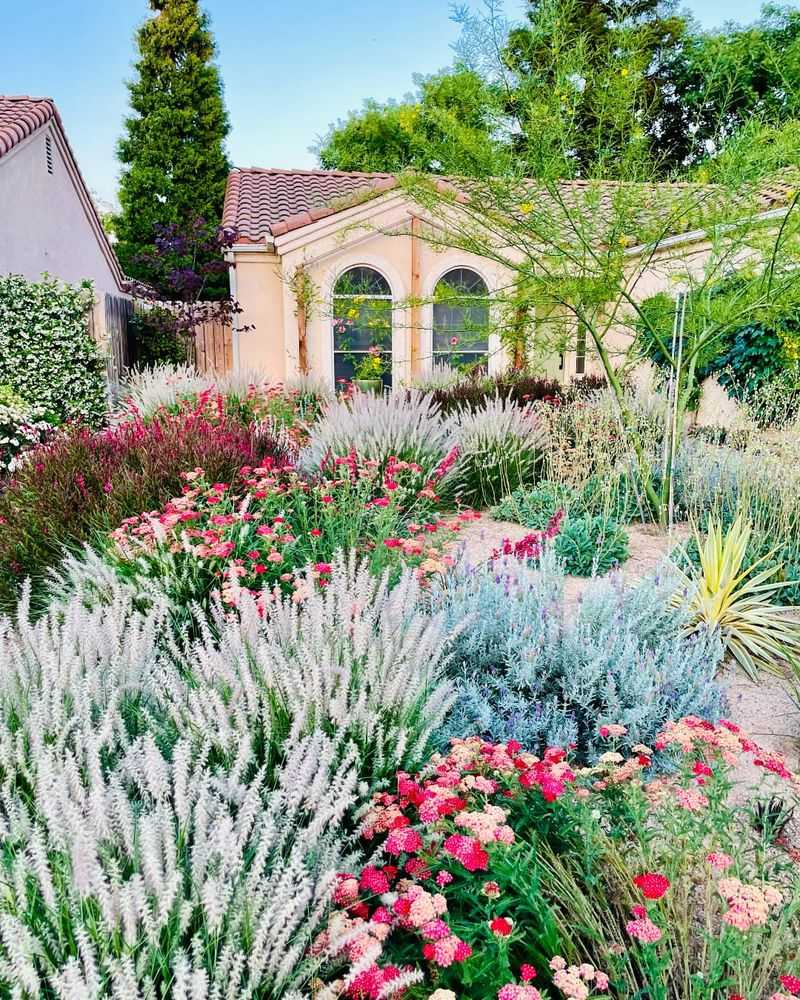
Local plants evolved alongside local pests, developing natural defenses that eliminate the need for chemical treatments. Native meadow gardens rarely require the fertilizers, herbicides, and pesticides that traditional lawns demand.
This chemical-free approach protects local waterways from harmful runoff. Nashville gardeners often mention how their children and pets can safely play in these natural spaces without worry about toxic residues.
6. Lower Establishment Costs
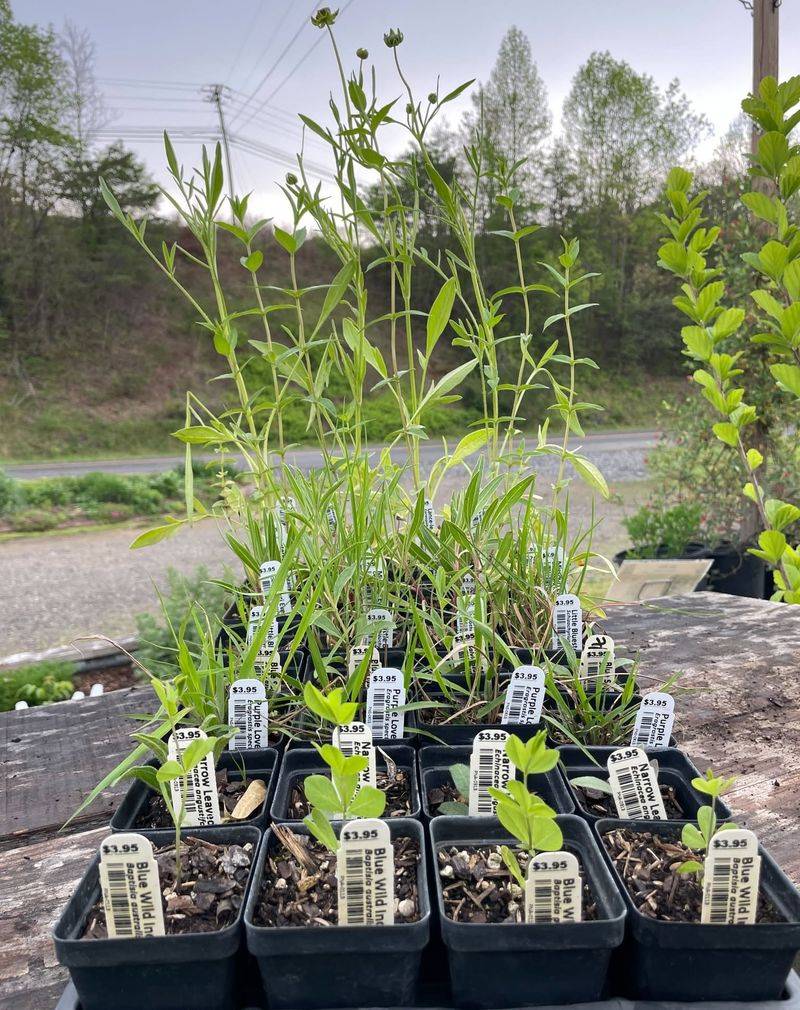
Starting a meadow garden costs significantly less than installing traditional landscaping. Native plant seeds are affordable, especially when purchased in bulk for larger areas.
The initial preparation requires some effort, but the long-term savings are substantial. Many Nashville garden centers now offer native plant starter kits specifically designed for local conditions, making it even easier to begin your meadow transformation.
7. Nashville’s Growing Native Plant Community
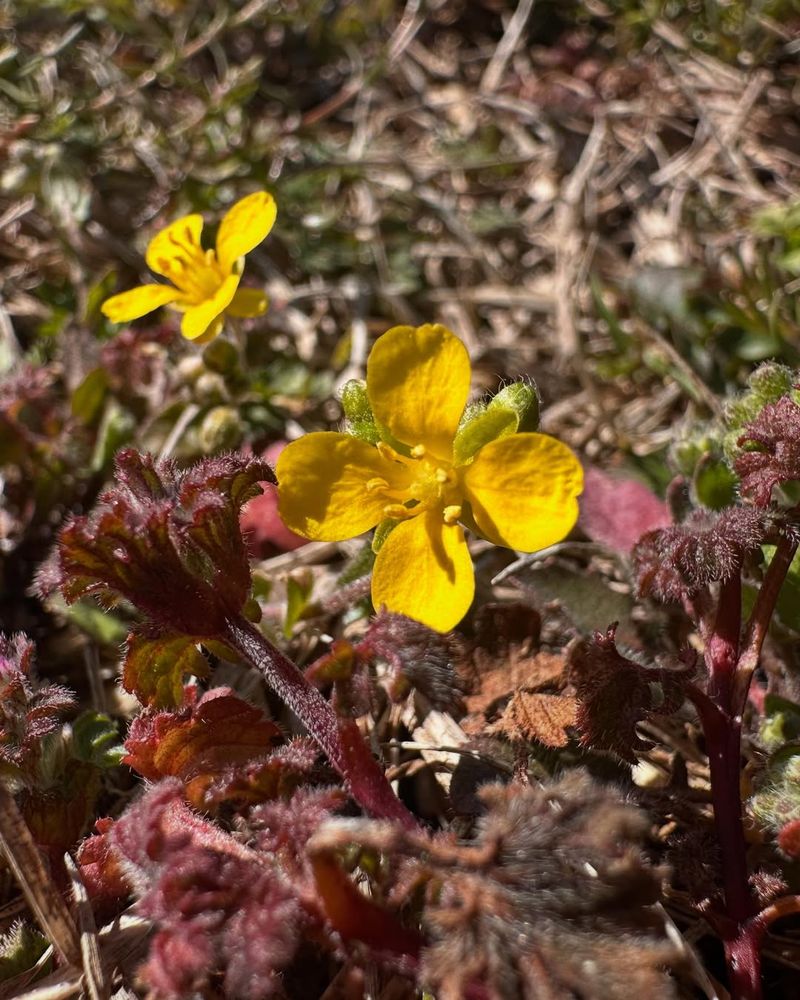
Converting to a meadow garden connects you with a passionate community of like-minded gardeners. Nashville now hosts native plant swaps, meadow garden tours, and workshops throughout the growing season.
Local experts readily share advice on plant selection and maintenance techniques. Social media groups dedicated to Tennessee native plants provide instant access to troubleshooting help and inspiration, creating a supportive network for beginners.
8. Flood Mitigation Benefits

Nashville’s occasional heavy rains can overwhelm traditional lawns, causing flooding and erosion. Native meadow plants with their extensive root systems act like natural sponges, absorbing rainfall and reducing runoff.
These deep roots create channels in the soil that allow water to penetrate deeper instead of flowing across the surface. Many neighborhoods have noticed improved drainage after several properties converted to native plantings, demonstrating community-wide benefits.
